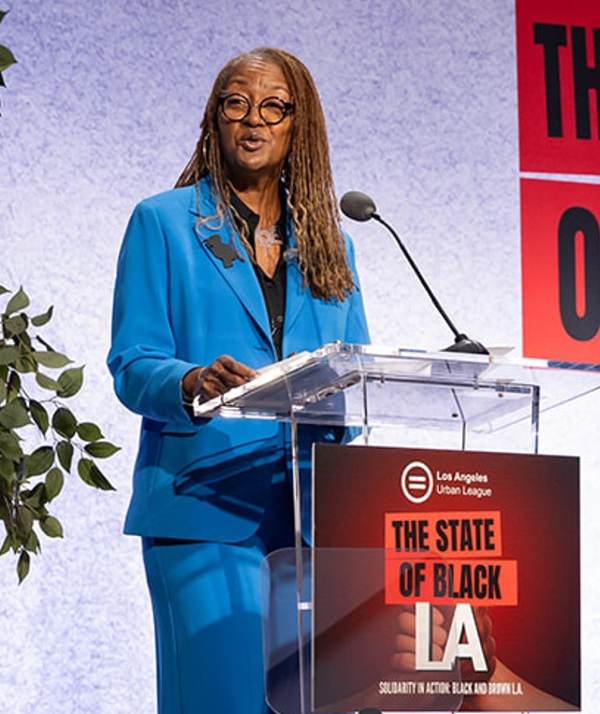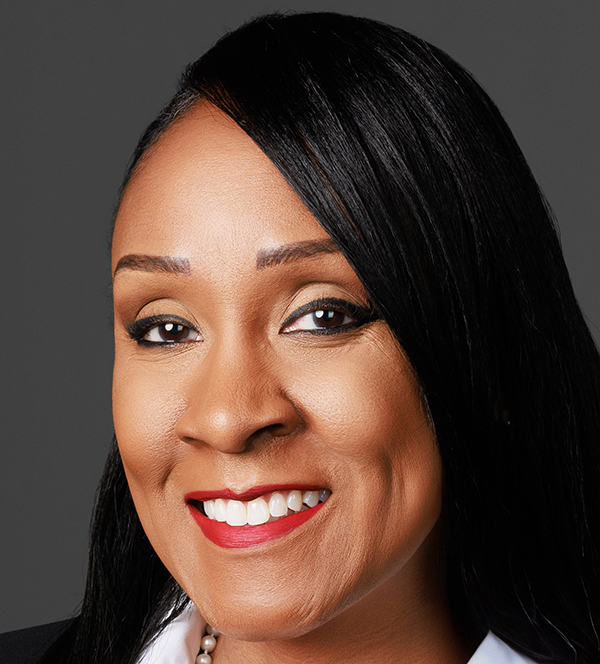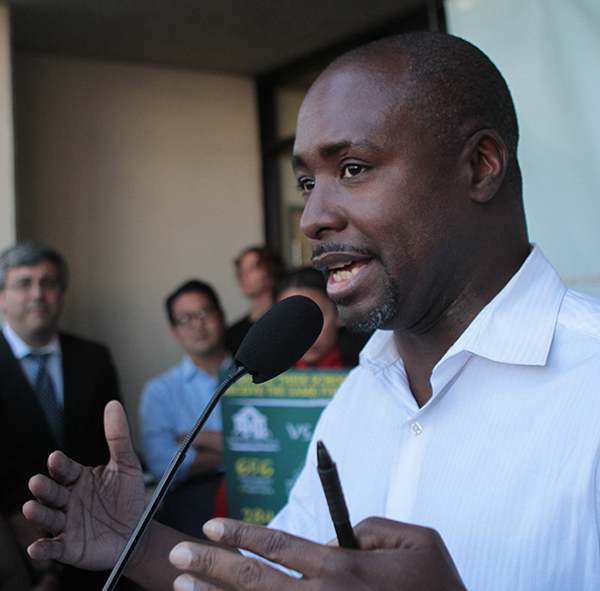Blacks make gains in income, education, report says

County Supervisor Holly Mitchell was one of the speakers at the State of Black LA town hall symposium Oct. 16 at USC.
Courtesy photo
State of Black LA shows certain signs of progress
By Ray Richardson
Contributing Writer
LOS ANGELES – Symbols of progress for Black residents in Los Angeles County are tempered by an ominous trend of regression triggered by policies of President Donald Trump’s administration, one of several key findings in the county’s 2025 State Of Black LA Report.
The report, released Oct. 16 at a town hall symposium at USC, was conducted by the county’s Department of Anti-Racism, Diversity and Inclusion Initiative on behalf of the Los Angeles Urban League.
Though Black residents in Los Angeles County have made significant gains in property value, household income and education, Blacks still have more difficulty than other groups in getting mortgage loans, lowering the poverty rate in Black communities and accessing proper health care.
“There’s still a need for economic dignity in the Black community,” said D’Artagnan Scorza, Executive director of the Anti-Racism, Diversity and Inclusion Initiative and a UCLA professor. “Ownership models and fair wages need to be developed. Federal funding for schools has been eliminated. Schools are being told they can’t say the word ‘equity’ or ‘diversity.’”
Researchers for the report compiled data that amplified ongoing struggles for Black residents in the county, including an alarming 24% increase in school absenteeism among Black students.
The report also revealed a 12.8% decrease in confidence among Black residents in public safety protocols in their communities.
Federal cuts to various educational programs and the trauma of immigration raids in Los Angeles were cited as contributing factors in the report.
“It’s important we understand the gravity of what’s going on,” Los Angeles Mayor Karen Bass said at the symposium. “We need to understand the history of the raids and unemployment affecting our community. History will provide a guide to help us survive this, to see a pathway.”
Black unemployment in the county is one of the areas where report analysts can view with a positive outlook. Since 2021, there was only a 0.6% increase in Black unemployment in the county.
Other encouraging data showed an average increase in the value of homes owned by Blacks from $728,600 to $831,600, as well as an increase of Black household incomes from $51,000 to $59,000.
Report analysts, however, expressed concern over how 10% more prospective Black homebuyers have been unable to get a mortgage loan. Analysts claim the mortgage loan issue reflects a broader economic concern that is still hindering Black financial growth in the county.
“We’re seeing the reversal of Black wealth right before our eyes,” Robert Sausedo, president of Community Build, said during the symposium. “We’ve been lulled to sleep and comfort. We don’t raise our voices like we used to do. Have we educated our families about the importance of holding onto that dollar, so we can improve our financial strength?”
Libby Williams, director of the Mayor’s Office of Small Business Policy, echoed Sausedo’s comments with a slightly different perspective. Williams pointed to the younger generation of Black county residents, particularly recent college graduates, and those who opted not to pursue a higher education.
“Today’s young people look at jobs and careers a lot differently than how our generation did,” Williams said. “They see creating wealth differently. A lot of them are developing careers through social media and as influencers, but how are they investing their money? Young people are selling their parents’ homes instead of holding onto it to build generational wealth.”
The report offered comprehensive solutions to local, state and federal public officials to address disparities that continue to affect Black communities.
Recommendations were submitted for the findings in health, education, employment, safety and justice, housing and civic engagement.
In the health data, the report recommended three specific improvements:
• Provide more mobile health services.
• Provide trauma informed care.
* And address systemic racism and systemic determinants of health in medical residency programs.
“For life expectancy, we’re at the bottom,” Bass said. “Infant mortality continues to be a problem. Black moms are dying in childbirth. Republicans are trying to reduce access to quality health care. They’re getting rid of subsidies.”
For access to the complete State Of Black LA Report, go to: https://storymaps.aregis.com or visit the Los Angeles County Board of Supervisors website at https://bos.lacounty.gov.
Ray Richardson is a contributing writer for The Wave. He can be reached at rayrich55@gmail.com.





